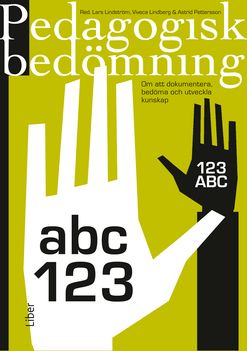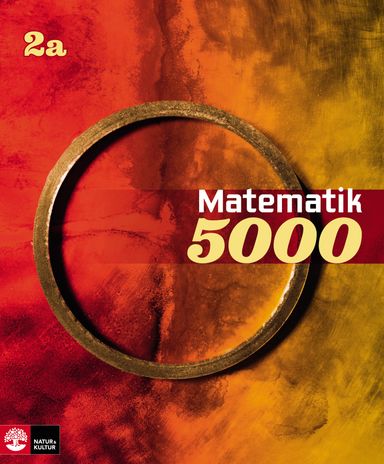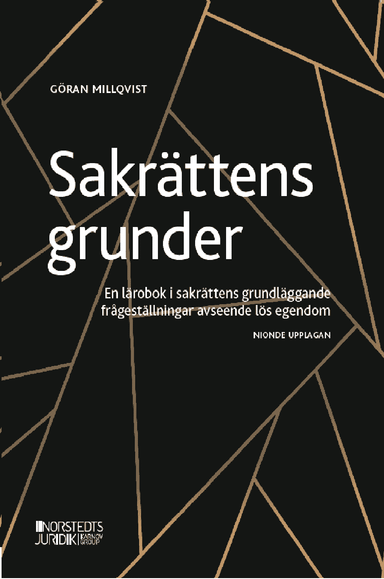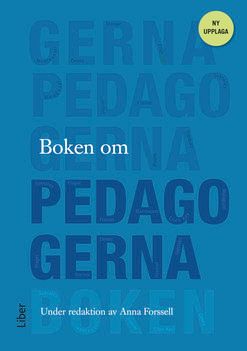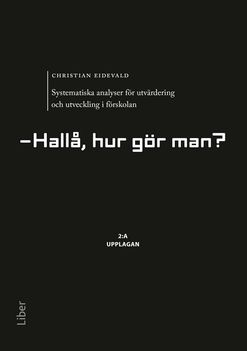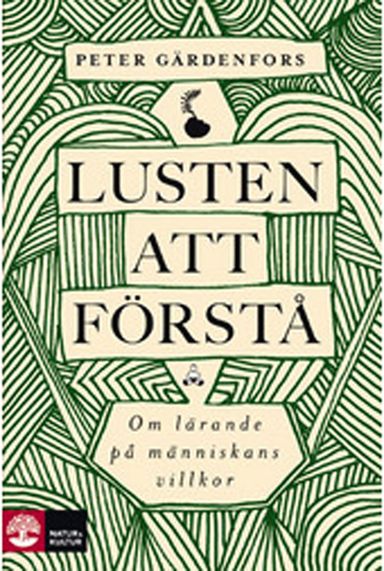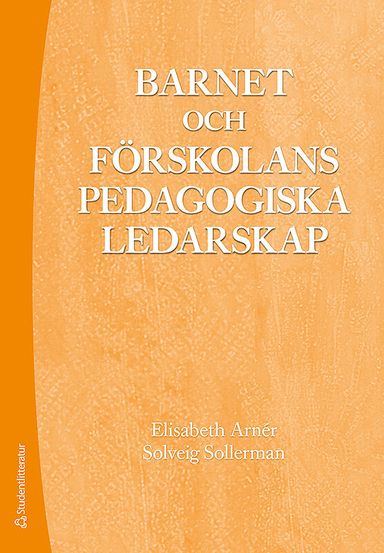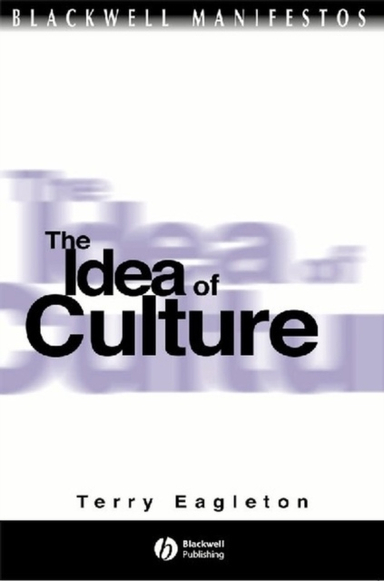

Idea of culture Upplaga 1
- Upplaga: 1a upplagan
- Utgiven: 2000
- ISBN: 9780631219668
- Sidor: 168 st
- Förlag: Blackwell Publishers
- Format: Häftad
- Språk: Engelska
Om boken
'Culture' is said to be one of the two or three most complex words in the English language, and the term which is sometimes considered to be its opposite, 'Nature', is commonly awarded the accolade of being the most complex of all. Terry Eagleton's book, in this vital new series from Blackwell, focuses on discriminating different meanings of culture, as a way of introducing to the general reader the contemporary debates around it. In what amounts to a major statement, with pointed relevance to the world in the new millennium, Eagleton launches a critique of postmodern 'culturalism', arguing instead for a more complex relation between Culture and Nature, and trying to retrieve the importance of such concepts as human nature from a non-naturalistic perspective. His book sets its face against a certain fashionable populism in this area, as well as drawing attention to the deficiencies of elitism. It makes radical inquiry into the reasons, both creditable and discreditable, why 'culture' has come in our own period to bulk as large as it does, and provocatively proposes that it is time, while acknowledging its significance, to put it back in its place.
Åtkomstkoder och digitalt tilläggsmaterial garanteras inte med begagnade böcker
Mer om Idea of culture (2000)
I mars 2000 släpptes boken Idea of culture skriven av Terry Eagleton. Det är den 1a upplagan av kursboken. Den är skriven på engelska och består av 168 sidor. Förlaget bakom boken är Blackwell Publishers.
Köp boken Idea of culture på Studentapan och spara pengar.
Referera till Idea of culture (Upplaga 1)
Harvard
Eagleton, T. (2000). Idea of culture. 1:a uppl. Blackwell Publishers.
Oxford
Eagleton, Terry, Idea of culture, 1 uppl. (Blackwell Publishers, 2000).
APA
Eagleton, T. (2000). Idea of culture (1:a uppl.). Blackwell Publishers.
Vancouver
Eagleton T. Idea of culture. 1:a uppl. Blackwell Publishers; 2000.





